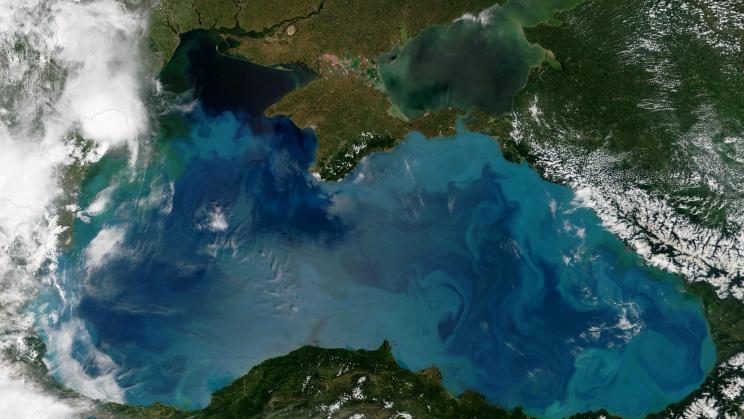The Black Sea: Engaging in dialogue and combatting nuclear smuggling
The wider Black Sea region—which brings together the littoral states plus neighbouring countries—is experiencing a rapidly shifting security environment that combines large-scale conventional military threats, internationalized civil wars and protracted conflicts, as well as weapons of mass destruction (WMD) challenges. As such, a fragile set of states caught between the Euro-Atlantic community, on the one hand, and Russia and its allies, on the other, has emerged as a key interface between the two security communities.
Since the 1990s, most of the world’s identified cases of illicit trafficking of nuclear materials—fissile materials, in particular—have been located in countries around the Black Sea. The nuclear security situation in the region is further complicated by the existence of areas with unstable governance and protracted conflicts such as in Transnistria, Abkhazia, South Ossetia and areas of Eastern Ukraine since 2014.
SIPRI studies the impact of the Ukraine conflict on cooperation to combat illicit trafficking in nuclear materials in the Black Sea region. The research will:
- Assess whether and how the conflict has changed the risk that illicit trafficking will occur;
- Describe the impact on existing regional nuclear security regimes and cooperative projects that are intended to reduce the risk of illicit trafficking; and
- Gather views on the steps necessary to minimize the new risks.
This work is done in partnership with the Odessa Center for Nonproliferation (ODCNP) in Ukraine, the Horia Hulubei National Institute for R&D in Physics and Nuclear Engineering (IFIN–HH) in Romania and the National Agency for Regulation of Nuclear and Radiological Activities (NARNRA) in Moldova with generous support from the Carnegie Corporation of New York.
SIPRI further engages in a confidence-building dialogue with countries in the Black Sea region to rebuild channels of communication, promote better understandings of security intentions and foster more peaceful policy options. The SIPRI Black Sea dialogues serve as a platform for informed discussions on peace and security with Russia about a region that is increasingly unstable and conflict-prone.
Concretely, SIPRI aims to:
- Establish a mechanism for engaging Russia in a dialogue on Black Sea peace and security issues focused on the expert community;
- Map the emerging security dynamics of the Black Sea region;
- Collect, analyse and publish data on the build-up of military forces, socio-economic variables, and conflict risks in the region;
- Create a broad network of regional expertise to inform the dialogue; and
- Identify practical steps to enhance regional security, including confidence-building measures and arrangements for conflict early warning.
